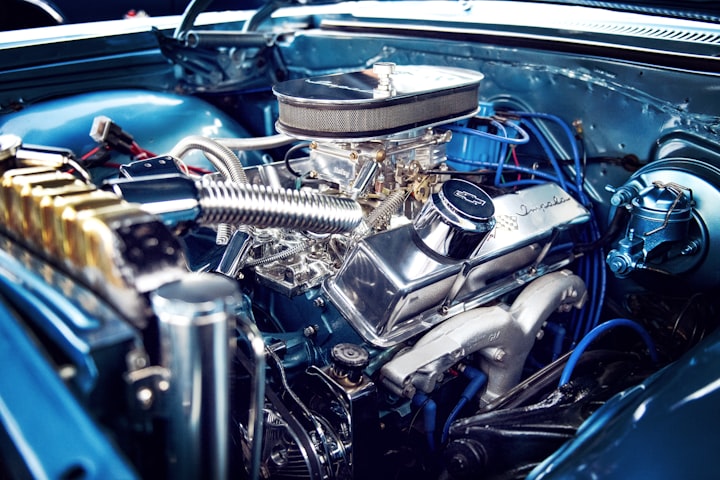10 Tips for Buying a Used Engine
Complete guide for buying used engine

A used engine can be an excellent choice if you’re not looking to buy an entirely new one, but it does come with some different pros and cons than brand new. First, buying a used engine can save you quite a bit of money, but the quality may be lower than what you’re used to. In addition, engines lose value over time (the longer they sit on the lot, the less they’re worth), so keep that in mind if you’re planning on selling your engine later.
1) Buy from a reputable company
Buying a used engine is one of the best ways to save money on your car repair. We recommend looking for an engine from a reputable company that offers warranties and guarantees. This way, if there are any problems with your engine, you can get it repaired or replaced at no cost to you.
2) What's the Engine Mileage, and How Old Is It?
When you’re buying a used engine, it’s important to get an idea of the mileage on it. If the engine is too old or has been driven too much, it might not be worth the purchase. Check online or with the owner to find out how many miles have been put on the engine.
The other thing you want to consider is how old the engine is.
3) Know Exactly What You Need
If you know what you’re looking for, the used engine assembly process can be seamless. However, if you don’t know what it is that you need, this can become quite difficult and time-consuming.
There are a number of engines out there to choose from—perhaps more than you realize—and each one has distinct qualities or special capabilities. When you start your search, keep these distinctions in mind; they could make or break your success with finding an affordable rebuilt or used engine assembly.
4) Watch Out for Cheap Parts
Cheap parts are usually just that, cheap. The quality and efficiency of the part will be in question. If you’re buying an engine online, make sure to ask questions about the parts and request pictures of them if they can’t be sent with the engine. If you're buying from a salvage yard, talk to their experts about what type of condition the engine is in and what you should look for before making your purchase.
Make Sure You Can Put It In: Some people think It's just going on my boat! when it comes to engines and forget that many boats require some modification before installing an engine. Find out from your dealer or mechanic whether or not there will be any major work required before installation.
5) Avoid Surprises
Tip #9: Inspect the engine before you buy it. Before you hand over any money, make sure to inspect the engine yourself. The last thing you want is to get home and find out that the engine you bought was broken on arrival. Tip #1: Buy from reputable sources. If possible, try to buy from an established supplier with a good reputation in your area. Tip #10: Get guarantees on used engines.
6) Understand Damages Coverage
When you buy an engine, you need to make sure that the seller has the right kind of coverage. If they don’t have collision or comprehensive insurance, there is a chance that if something bad happens to your car after installing the engine, then it could be considered your fault and you would have to pay for all repairs.
7) Compare Prices Between Vendors
The best way to find a used engine is to do your homework and compare prices among different vendors. Different engines will come with different warranties, so it’s important to make sure that you’re getting the most out of your money. You should also know what type of engine you need and how much horsepower they are rated at. Make Sure the Engine Is In Stock: Once you've made an informed decision on which company or brand to buy from, contact them and find out if the engine is in stock before making any purchases.
8) Get it Inspected Prior to Purchase
It’s always smart to get any car part you’re considering purchasing inspected before you buy it. That way, if there are any issues with the engine, you can either walk away from the deal or negotiate down the price. Plus, it gives you peace of mind that the engine is in good condition before you put your hard-earned money on the table.
9) Is It Tested and genuine?
One of the first things to ask the seller is if the engine has been tested. If it hasn’t, it can be difficult to tell if the engine is in good condition and will provide power for your vehicle. There are professional testers that can do this for you, but don’t buy an engine without checking its authenticity.
10) About the Warranty?
If you’re wondering about what happens if your rebuilt engine goes bad, it’s important to know that all of our engines come with an unlimited-mile warranty. If something does go wrong, we’ll take care of you and get your engine up and running again at no cost.






Comments
There are no comments for this story
Be the first to respond and start the conversation.